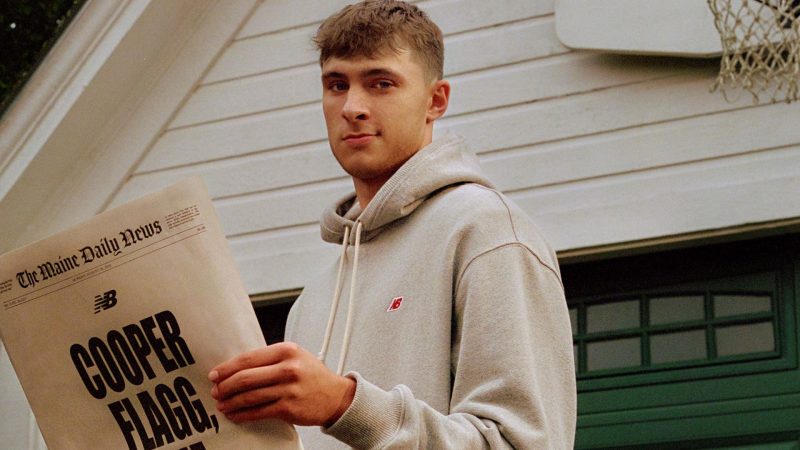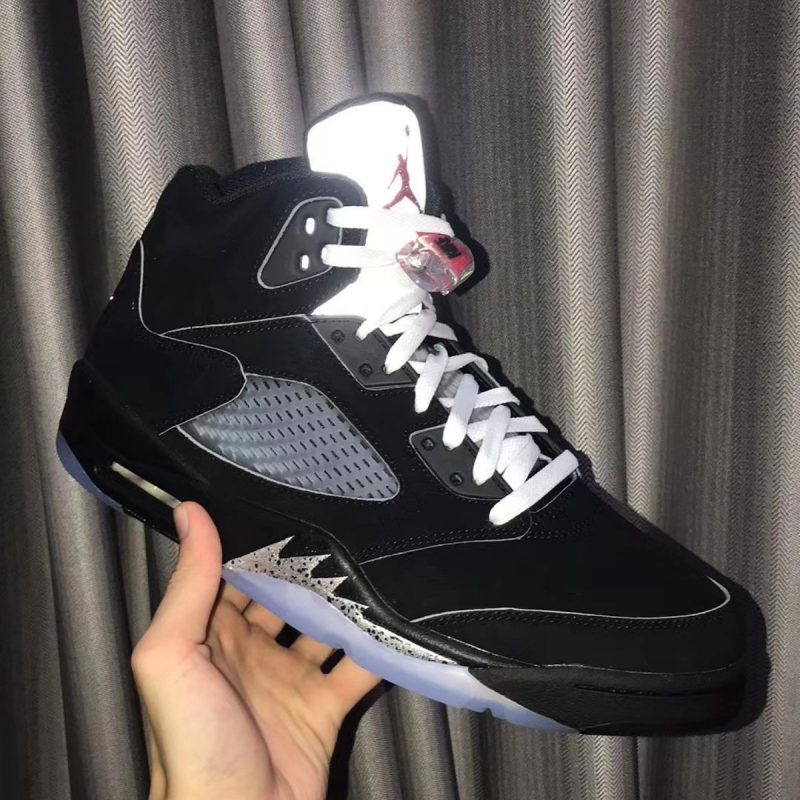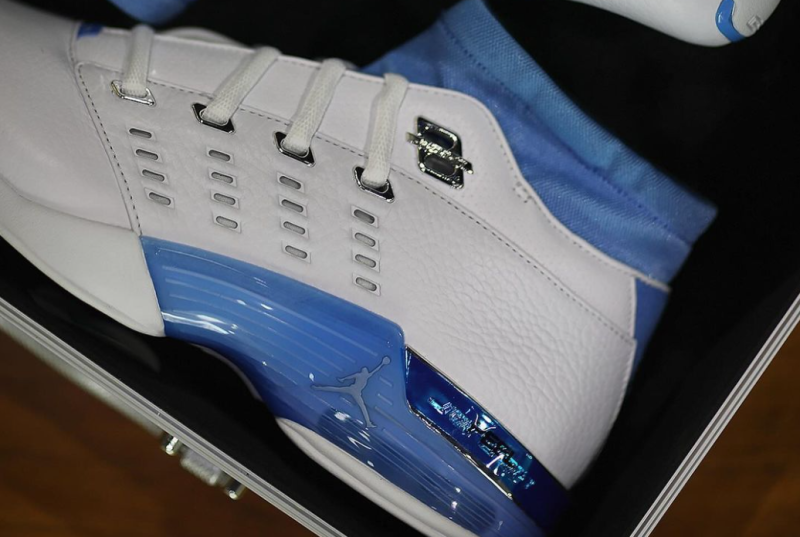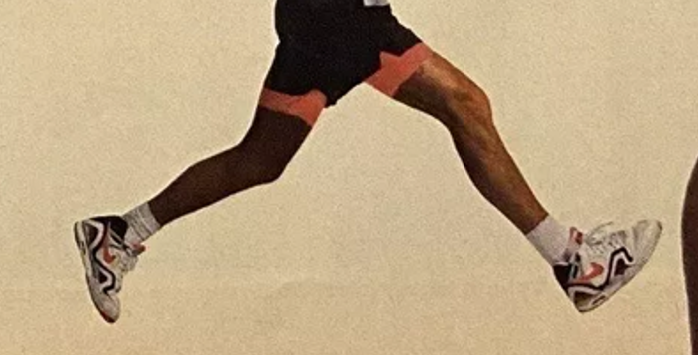- 2,043
- 243
- Joined
- Jul 18, 2012
Brazil's Lucas Nogueira declares for NBA draft
Wed, Apr 17, 2013 6:48 PM EDT

Brazilian 7-footer Lucas Nogueira has decided to enter the June NBA draft, sources told Yahoo! Sports.
Nogueira, 20, possesses a 7-6 wingspan and has been an intriguing prospect to NBA executives for several years. He is considered a potential first-round pick.
The center entered his name into the 2011 draft but withdrew before the deadline. The rules don't allow for a player to do that a second time, so Nogueira is committed to this year's draft after declaring.
Nogueira played for Estudiantes in the elite Spanish ACB League this season. His athleticism has been a striking element of his game, and Nogueira's offensive abilities have shown improvement as he's gained strength and polish.
Nogueira made a strong initial impression on pro executives with a spectacular performance at the under-18 FIBA championships in San Antonio in 2011.
DraftExpress.com rates him as the fourth-best international prospect in his age group behind three former lottery picks – Toronto's Jonas Valanciunas, Charlotte's Bismack Biyombo and Utah's Enes Kanter.
http://sports.yahoo.com/news/nba--b...has-declared-for-the-nba-draft-224857819.html










